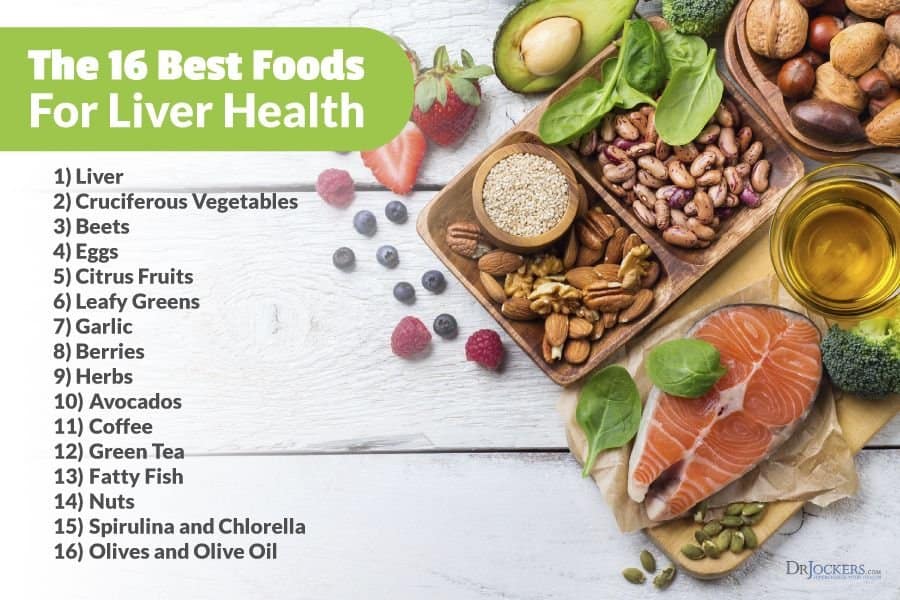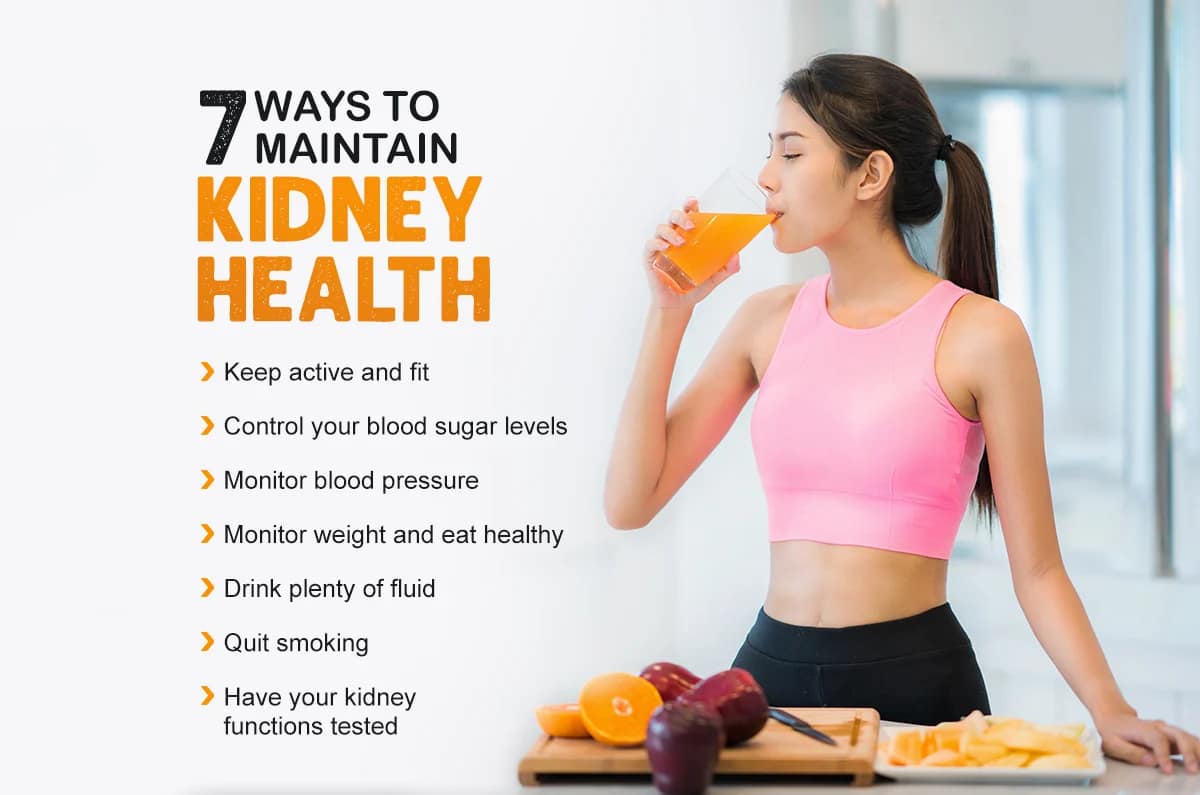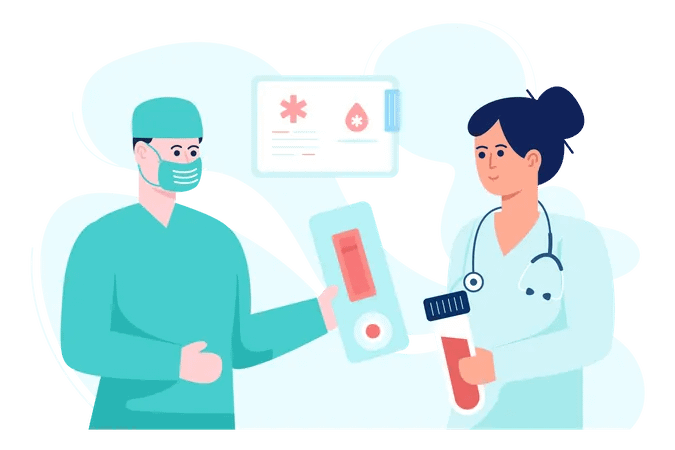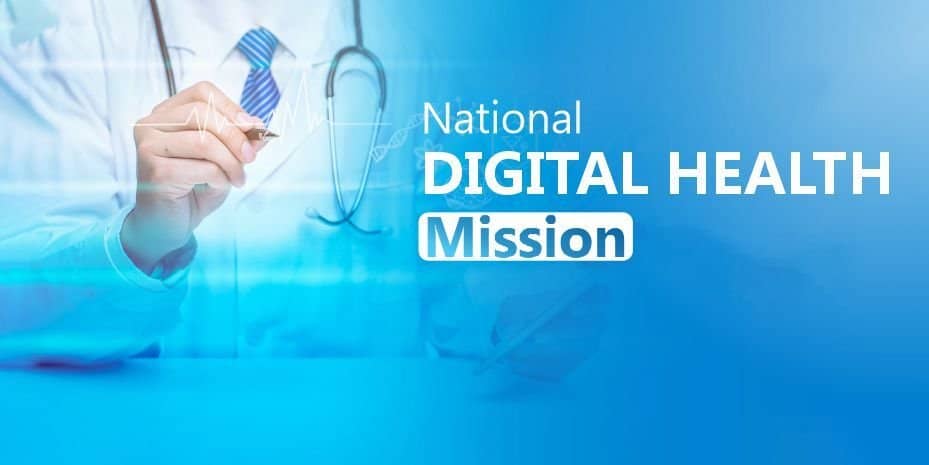Your liver is one of the hardest-working organs in your body — constantly filtering toxins, breaking down fats, processing medications, and storing essential nutrients like vitamins and iron. Despite its crucial role, the liver often suffers in silence until problems become serious.
Unhealthy eating habits, excessive alcohol, and sedentary lifestyles can lead to liver conditions such as fatty liver disease, hepatitis, or even cirrhosis. But here’s the good news:
A balanced, liver-friendly diet not only protects your liver — it can restore its function and reduce inflammation over time.
In this post, Medi4U.in brings you expert-backed dietary tips to nourish your liver naturally and keep it functioning at its best.
Choose Liver-Friendly Foods
Fuel your liver with nutrient-rich foods that support detox and reduce inflammation.
Best options include:
- Leafy greens (spinach, kale)
- Garlic & onions (rich in sulfur compounds)
- Turmeric (natural anti-inflammatory)
- Avocados (healthy fats and glutathione booster)
- Green tea (antioxidant-rich)
Cut Down on Processed and Fried Foods
Why it matters: High-fat, high-sugar junk food causes fat buildup in the liver (NAFLD – Non-Alcoholic Fatty Liver Disease).
Tip:
- Say no to chips, burgers, sugary cereals, and instant noodles.
- Cook at home with olive oil or mustard oil in moderation.
Avoid Excess Sugar and Fructose
Why it matters: Too much sugar gets converted to fat in the liver, promoting fatty liver disease.
Tip:
- Avoid sugary drinks (colas, packaged juices).
- Read labels for “hidden sugars” (fructose, corn syrup, dextrose).
Eat Lean Proteins and Fiber-Rich Foods
A healthy liver needs quality protein and fiber to function properly.
Eat more:
- Lentils, beans, and tofu
- Fish, chicken (grilled or baked)
- Whole grains like oats, brown rice, and quinoa
Limit or Avoid Alcohol
Why it matters: Alcohol is a major cause of liver inflammation and damage.
Tip:
- If you drink, do so rarely and in moderation.
- For those with liver conditions, avoid alcohol completely.
Stay Hydrated
Water helps flush out toxins and keeps liver enzymes functioning properly.
Tip:
- Aim for 7–8 glasses of water a day.
- Add lemon or cucumber slices for detox support.
Maintain a Healthy Weight
Obesity is closely linked to fatty liver disease.
Tip:
- Combine diet with light physical activity like walking or yoga.
- Avoid crash dieting; aim for gradual, healthy weight loss.



